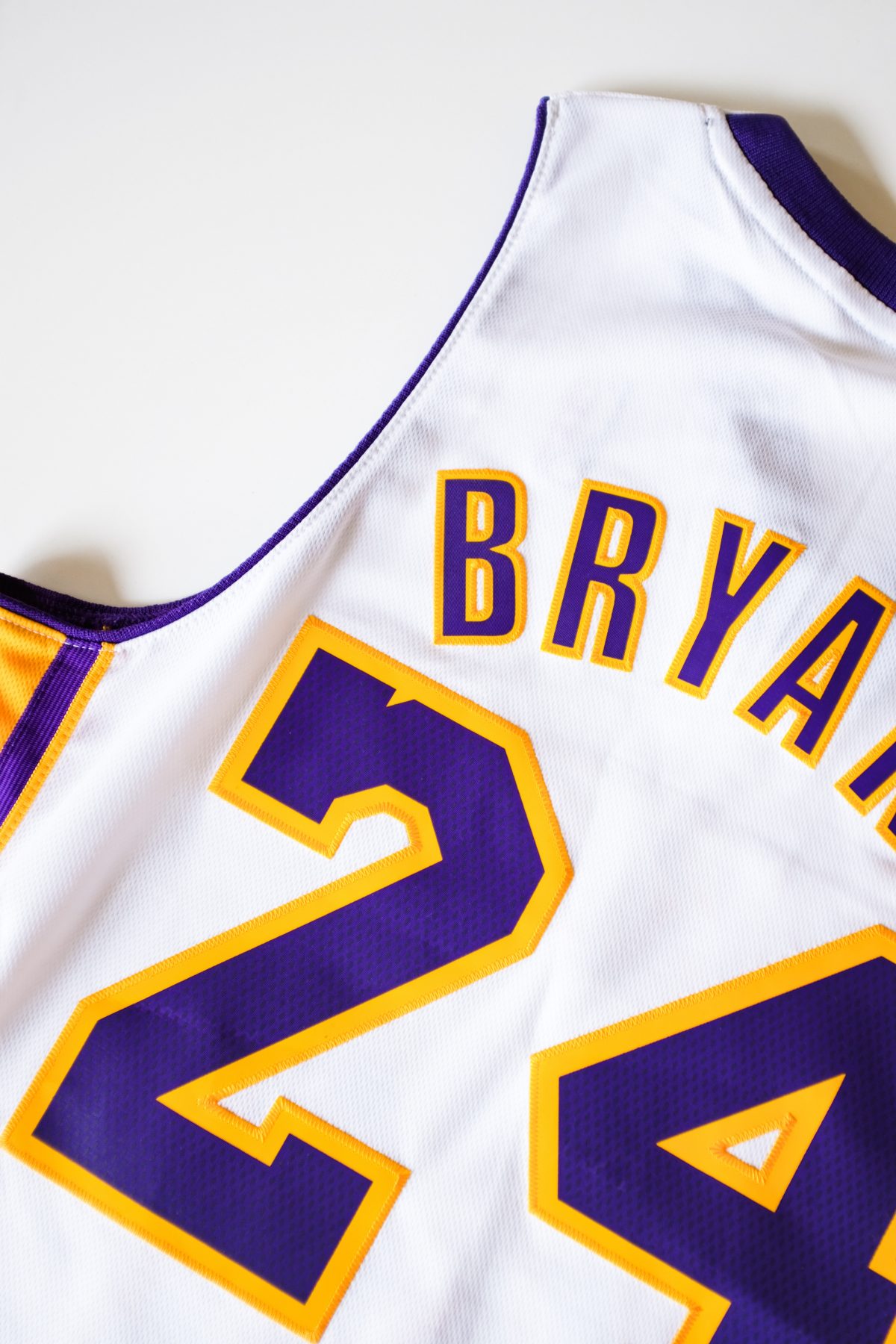One of the beauties of sport is its ability to take our minds off of other things, big or little, from a bad war to bad hair. Last weekend, the death of Kobe Bryant had that effect. It drove other news off the front pages and brought much of the nation together to mourn for a guy who personified hard work, professional success, and the joy of family and fatherhood.
For a few moments in time, it brought a feeling of unity back to the country.
Forgotten was war with Iran, climate change, the wealth gap, healthcare, race and other “isms”, the alienation of numerous allies, the coming election, and, yes, even the Impeachment of Donald What’s-His-Name.
Kobe Bryant’s death allowed us turn away from the politics of fear and anger toward a single, shared loss. The sadness we felt was pure, clean, untainted by the bitter, cultural divide that has split the country.
But within hours, reality roared back to the front page. John Bolton brought a smoking gun to the Impeachment trial: his eye witness account of Trump’s attempt to coerce Ukraine’s President Zelenski into investigating Joe and Hunter Biden.
Besides undercutting one of Trump’s key arguments, that all evidence against him was “hearsay”, it supported the obstruction charge: that his use of Executive Privilege to block subpoenas was akin to the Mafia threatening witnesses and his threats to destroy Republican politicians who didn’t defend him were equivalent to the Mafia threatening judges.
Argh, we seemed to feel! Can we please mourn in peace, at least for a day or two?
Maybe the purity of sport is only for weekends or special occasions. Sport has neat beginnings and ends, clear winners and losers. Sport heroes, although sometimes more complex than the sport itself (OK, except for Lou Gehrig or Joe Dimaggio), also offer clarity. Winning the World Series is good; cheating to do so is bad.
Kobe Bryant’s life, even with its failures, gave us something good to feel bad about.
The form of government that spawned him (and our President), democracy, is messy, “the worst form of government …except all the others that have been tried”, as Winston Churchill famously noted.
Jill Lepore, a Harvard history professor, recently wrote a brilliant history of democracy in the US. These Truths underscores one ironic root of our democracy, the juxtaposition of Jefferson’s lofty “all men are created equal” in the Declaration of Independence, with the fact that he and other signers also owned slaves.
It is her contention that we have been struggling with that dichotomy ever since.
The Constitutional Convention tried to ameliorate it with a compromise that assigned blacks 3/5ths the value of whites. Eventually we fought a war over the issue, freeing those 3/5th Americans to do whatever they choose, like becoming basketball stars… or Presidents (well, legally).
Democracy can be messy like that. Take truth, for example.
What they call “the art” of politics is the ability to skip key facts that reveal truth, to obfuscate truth, or just change the subject and avoid truth altogether. These are legal lies.
Legal lies are OK. Direct lies are not OK – or weren’t until recently.
In recent decades, as the “non-art” of politics took over the country, public confidence in political leaders has dropped far below that of our sports heroes. For example, we now keep a running count of our current President’s lies (7688 as of December 2019).
Maybe one reason for the drop in confidence is the way politicians react to dishonesty compared to how athletes and sports team owners react to it. After it was revealed that the Houston Astros and the Boston Red Sox stole signs from the Dodgers during the 2017 and 2018 World Series, a slew of managers and coaches were fired by the Astros and the Red Sox. Minimal discussion, maximum consequences. Why? Because the team owners want baseball fans to have faith in the integrity of the game.
Watching the Impeachment unfold is wearing on us. The depth of the rift that now divides the country is depressing. Knowing the outcome will do little to heal that rift is disheartening.
Better to mourn the loss of a sports hero than the loss of faith in democracy.
